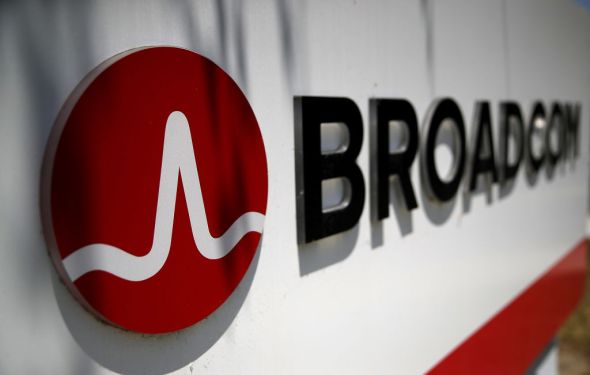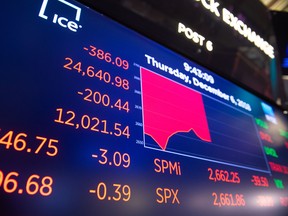
In a significant development, the European Union’s €1.84 billion fine imposed on Apple for breaking antitrust rules in the streaming music market has been widely welcomed by the industry, with many critics of the company seeing it as a long-overdue step towards creating a more level playing field.
Deezer Cheers EU Fine but Urges Closer Look at Apple’s DMA Response
However, one major player that is not celebrating the fine as much as others is Deezer, which has issued a statement praising the EU’s action while also expressing concern about Apple’s response to the Digital Markets Act (DMA). In a carefully worded statement, Deezer CEO Jeronimo Folgueira said:
"It’s very positive to see that the EU is taking action against Apple and showing readiness to firmly sanction anti-competitive practices."
However, he added that the company "urges the EU Commission to assess Apple’s response to the DMA, which we believe is deceptive and an attempt to bypass European regulations."
What Does This Mean for Developers?
The new fine imposed on Apple is a significant development in the ongoing saga of antitrust actions against the tech giant. The company has been accused of anti-competitive practices, including forcing developers to use its own payment system and not providing sufficient transparency into its app review process.
In response to these allegations, Apple introduced new DMA rules that were intended to address some of these concerns. However, many in the industry believe that these rules do not go far enough and are actually an attempt by Apple to circumvent the regulation with alternative business terms.
Apple’s DMA Rules: An Attempt to Circumvent Regulation?
According to Deezer, the new DMA rules introduced by Apple are a "mockery" of the original regulation. The company points out that while Apple has reduced its commission on some apps, it has also introduced a new fee – the Core Technology Fee – which is excessive and makes it prohibitively expensive for developers to scale their app businesses profitably.
This fee charges developers €0.50 for each first annual app install per year over a 1 million threshold. This means that larger businesses that operate outside Apple’s own App Store will still be forced to pay this fee, effectively allowing Apple to continue tapping into their revenues.
Other Developers Speak Out Against Apple’s DMA Rules
Deezer is not alone in its criticism of Apple’s DMA rules. Many other developers have also spoken out against the new fees and business terms proposed by the company.
In an open letter to the EC last week, a group of developers including Epic Games, 37signals, Proton, Spotify, and others collectively urged the EC to take "swift, timely, and decisive action against Apple" to protect developers.
The letter points out that while Apple has reduced its commission on some apps, it has also introduced a new fee – the Core Technology Fee – which is excessive and makes it prohibitively expensive for developers to scale their app businesses profitably.
Will Developers Switch to Apple’s DMA Rules?
So far, only a few developers have publicly said they would switch to Apple’s new terms. MacPaw, the maker of a subscription service for apps called Setapp, was one such company that announced it would be switching to Apple’s DMA rules last week.
However, larger developers like Spotify and Epic Games have been critical of Apple’s new rules, with some even going as far as to say they are "an attempt to circumvent the regulation".
What’s Next for Apple?
The €1.84 billion fine imposed on Apple is a significant blow to the company’s reputation and bottom line. However, it remains to be seen how Apple will respond to this development.
In a statement, Apple said that it would appeal the decision and "continue to work with regulators around the world to address any concerns they may have."
However, many in the industry are calling for further action against Apple, including stricter regulation and enforcement of antitrust laws.
Conclusion
The €1.84 billion fine imposed on Apple is a significant development in the ongoing saga of antitrust actions against the tech giant. While some developers are welcoming this decision as a long-overdue step towards creating a more level playing field, others are expressing concern about Apple’s response to the DMA.
As the situation continues to unfold, one thing is clear: the industry will be watching closely to see how Apple responds to this development and what implications it has for developers and consumers alike.














